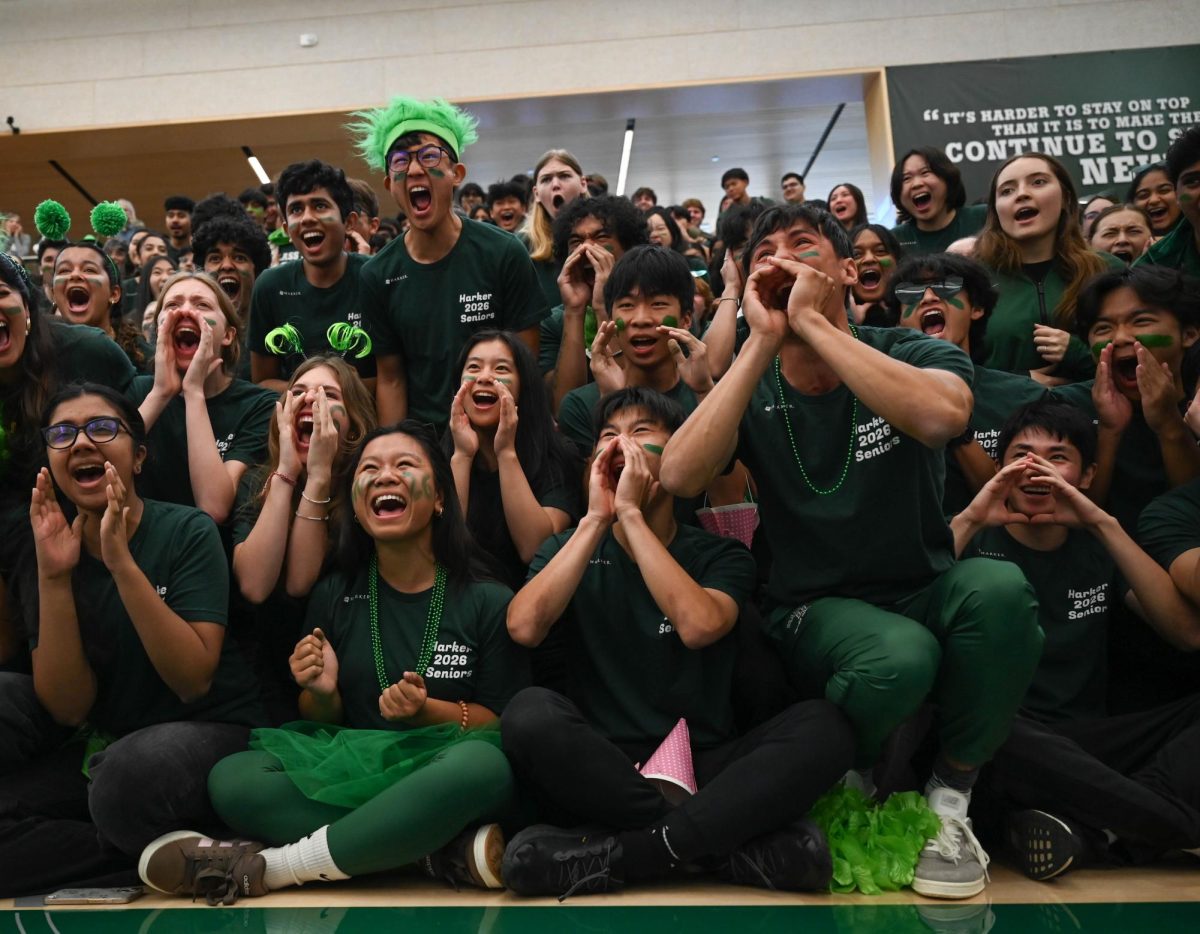As the Russia-Ukraine war rages on after more than two years, Western involvement in the war has become critical to its outcome. Despite the military, economic and humanitarian assistance from the U.S. and European nations, restrictions and divisions among Western allies could hinder an end to the conflict.
At the recent U.N. General Assembly, President Volodymyr Zelensky of Ukraine requested support for Ukraine from global leaders, arguing that peace will only come when Russia fully withdraws its forces from Ukrainian territory. His plea comes amid pressure from Western leaders to negotiate a cease-fire deal with Russia, which Zelensky believes would be only a temporary lull in the war.
History teacher Donna Gilbert believes that the U.S. has an obligation as a global leader to support the Ukrainian people in maintaining their independence.
“The vast majority of Ukrainians want to keep their sovereignty and are certainly, as a sovereign nation, allowed to defend the integrity of their land and defend themselves,” history teacher Donna Gilbert said. “The United States, as a leader of NATO and one of the military superpowers, has to continue to defend that territory as we did after the Cold War and even right after World War II.”
Since the start of the war, the U.S. has provided billions of dollars in aid to Ukraine. However, Western leaders have restricted Ukraine’s use of more sophisticated weapons, like long-range missiles, in order to strike a balance between empowering Ukraine to defend itself and preventing a larger-scale conflict with Russia.
“Western Europe and the United States have put too many restrictions on how Ukraine can fight this war against Russia,” history teacher Sohrab Ghassemi said. “The United States especially has put restrictions on when, where and how weapons can be used because of a fear of an escalation that could draw in NATO, the United States and Europe. Ukraine has not been able to defend itself against an aggressor to its full ability because of these restrictions.”
Republicans’ and Democrats’ opposing stances on the war have also undermined American support for Ukraine. Republicans in Congress are increasingly critical of the Biden administration’s level of spending and support in prioritizing aid to Ukraine.
“The trajectory that the war between Russia and Ukraine will take will be directly dependent on who wins the U.S. presidential election in November,” Dr. Ghassemi said. “Kamala Harris and Donald Trump have very different policies regarding the war in Ukraine, and it will have a huge impact on how that war unfolds. Until then, I think you’re gonna end up in the kind of situation that we’ve had for the past several months.”
Zelensky aims to sell what he calls his “victory plan” to Western leaders, especially to President Biden. The plan includes admission into NATO, access to long-range missiles, sustained supply of advanced weapons from NATO states, membership of the European Union and additional economic aid from its allies.
“One of the reasons we see President Zelensky coming all the time is because he truly needs not just old fashioned tanks, but more sophisticated weaponry,” Gilbert said. “Since he recently got that, it seems to be working. Changing the style to this more sophisticated drone warfare, which has just happened recently in the last couple of months, seemed to shift things a little.”
NATO members previously opposed giving membership to Ukraine because it would involve all member states in fighting the war against Russia — the NATO treaty considers an attack against one member state an attack against all.
Despite NATO’s reservations, the Biden administration announced a new aid package totalling up to $8 billion for Ukraine on Sept. 26. This aid package provides Ukraine with more access to Joint Standoff Weapons, which are long-range, precision-guided glide bombs. Biden also plans on expanding the U.S. Department of Defense’s training program to include Ukrainian F-16 pilots.
For 31% of American citizens, the surge in aid for Ukraine may not seem worthwhile. Some view U.S. involvement in Ukraine as a possible threat to national security, while others believe that the billions in aid spent on Ukraine could be better utilized for domestic purposes.
Junior Luke Wu followed the war closely as a speech and debate student, and he echoed this sentiment.
“America has been spending a lot of money on aid packages, and that hasn’t done much to change the war at all,” Luke said. “The war currently is a war of attrition, which means that either side is just trying to slowly fight out the other by making the other weaker, not necessarily by overwhelming the other militarily.”
Former President Trump also met with Zelensky on Sept. 27 to discuss possible solutions to end the war. Their meeting concluded with a consensus that an end to the war was needed. Zelensky also stated he feels an increased sense of urgency to speak with both candidates about the Russia-Ukraine war because of the change in U.S. leadership after the November presidential election.
As the months until the election hit the final stretch, both parties aim to continue U.S. support of Ukraine. The key question now is how each candidate plans to deliver this aid.


















![“[Building nerf blasters] became this outlet of creativity for me that hasn't been matched by anything else. The process [of] making a build complete to your desire is such a painstakingly difficult process, but I've had to learn from [the skills needed from] soldering to proper painting. There's so many different options for everything, if you think about it, it exists. The best part is [that] if it doesn't exist, you can build it yourself," Ishaan Parate said.](https://harkeraquila.com/wp-content/uploads/2022/08/DSC_8149-900x604.jpg)




![“When I came into high school, I was ready to be a follower. But DECA was a game changer for me. It helped me overcome my fear of public speaking, and it's played such a major role in who I've become today. To be able to successfully lead a chapter of 150 students, an officer team and be one of the upperclassmen I once really admired is something I'm [really] proud of,” Anvitha Tummala ('21) said.](https://harkeraquila.com/wp-content/uploads/2021/07/Screen-Shot-2021-07-25-at-9.50.05-AM-900x594.png)







![“I think getting up in the morning and having a sense of purpose [is exciting]. I think without a certain amount of drive, life is kind of obsolete and mundane, and I think having that every single day is what makes each day unique and kind of makes life exciting,” Neymika Jain (12) said.](https://harkeraquila.com/wp-content/uploads/2017/06/Screen-Shot-2017-06-03-at-4.54.16-PM.png)








![“My slogan is ‘slow feet, don’t eat, and I’m hungry.’ You need to run fast to get where you are–you aren't going to get those championships if you aren't fast,” Angel Cervantes (12) said. “I want to do well in school on my tests and in track and win championships for my team. I live by that, [and] I can do that anywhere: in the classroom or on the field.”](https://harkeraquila.com/wp-content/uploads/2018/06/DSC5146-900x601.jpg)
![“[Volleyball has] taught me how to fall correctly, and another thing it taught is that you don’t have to be the best at something to be good at it. If you just hit the ball in a smart way, then it still scores points and you’re good at it. You could be a background player and still make a much bigger impact on the team than you would think,” Anya Gert (’20) said.](https://harkeraquila.com/wp-content/uploads/2020/06/AnnaGert_JinTuan_HoHPhotoEdited-600x900.jpeg)

![“I'm not nearly there yet, but [my confidence has] definitely been getting better since I was pretty shy and timid coming into Harker my freshman year. I know that there's a lot of people that are really confident in what they do, and I really admire them. Everyone's so driven and that has really pushed me to kind of try to find my own place in high school and be more confident,” Alyssa Huang (’20) said.](https://harkeraquila.com/wp-content/uploads/2020/06/AlyssaHuang_EmilyChen_HoHPhoto-900x749.jpeg)



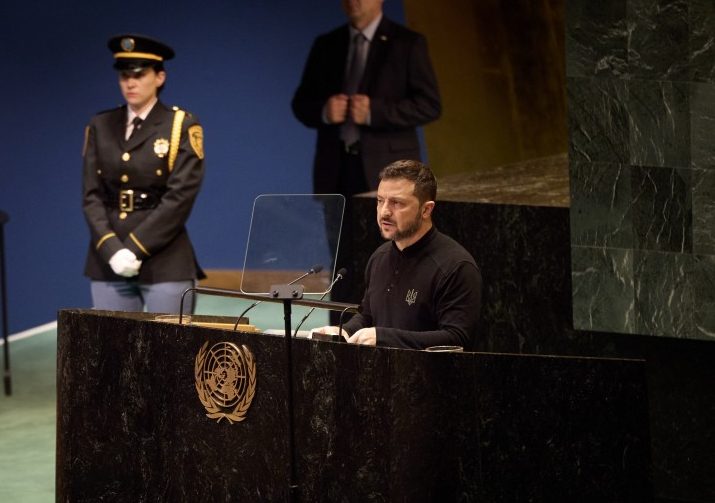
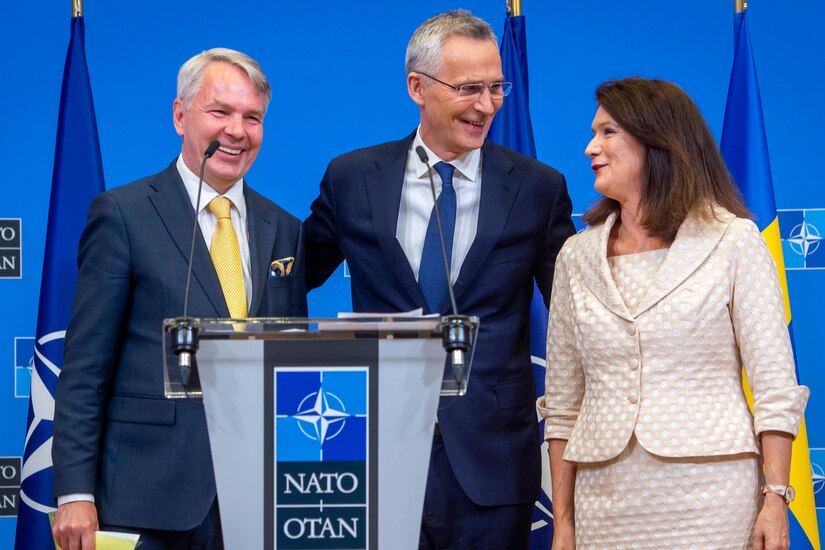

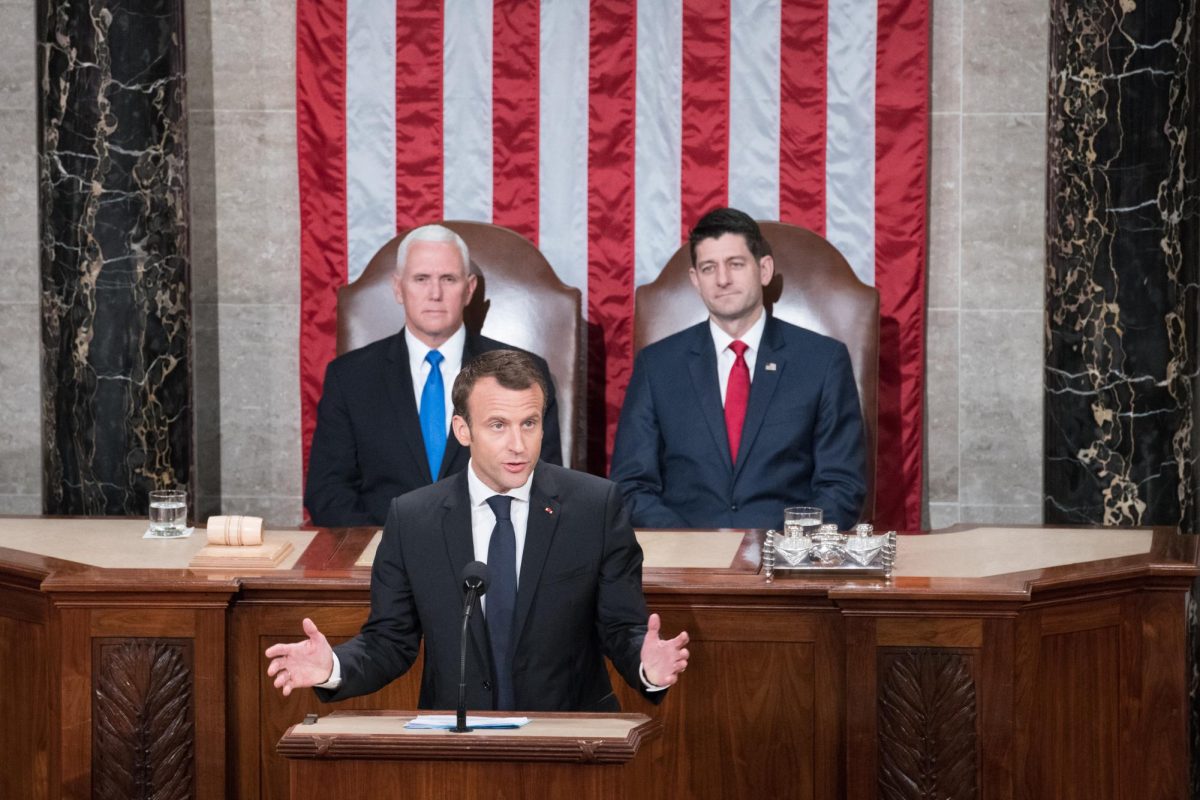
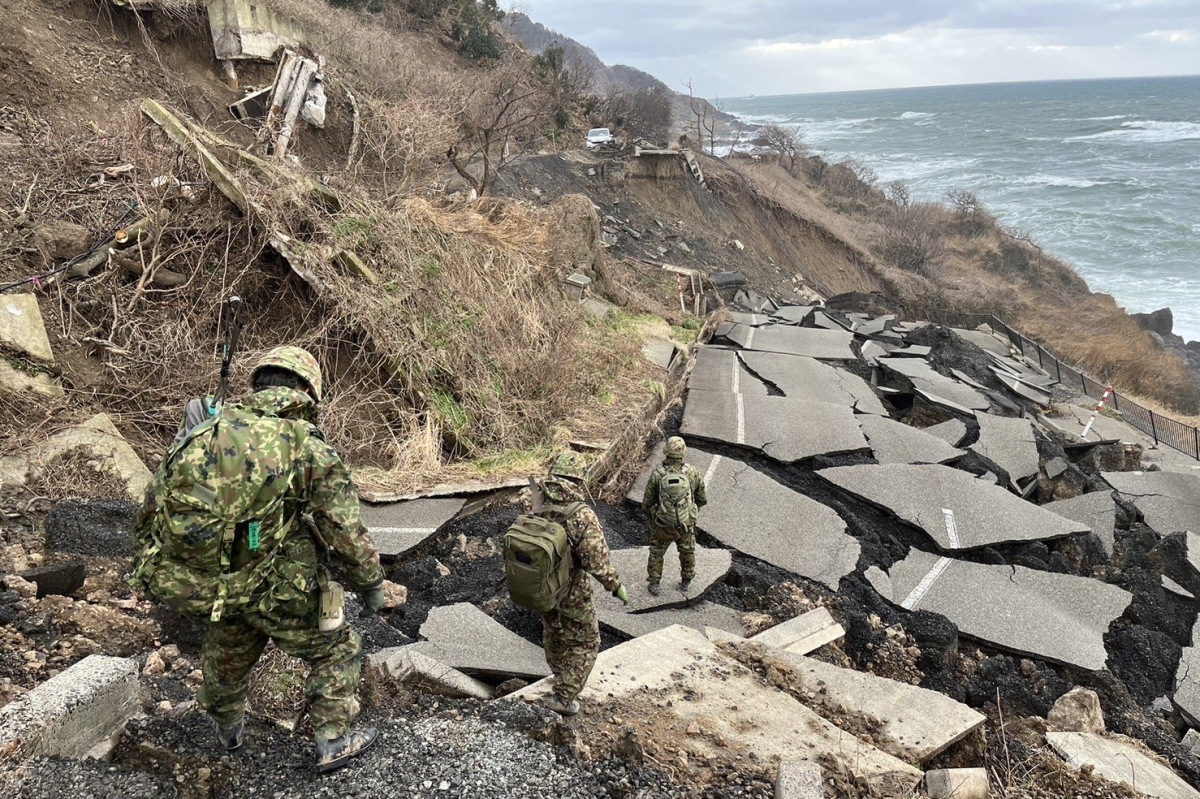
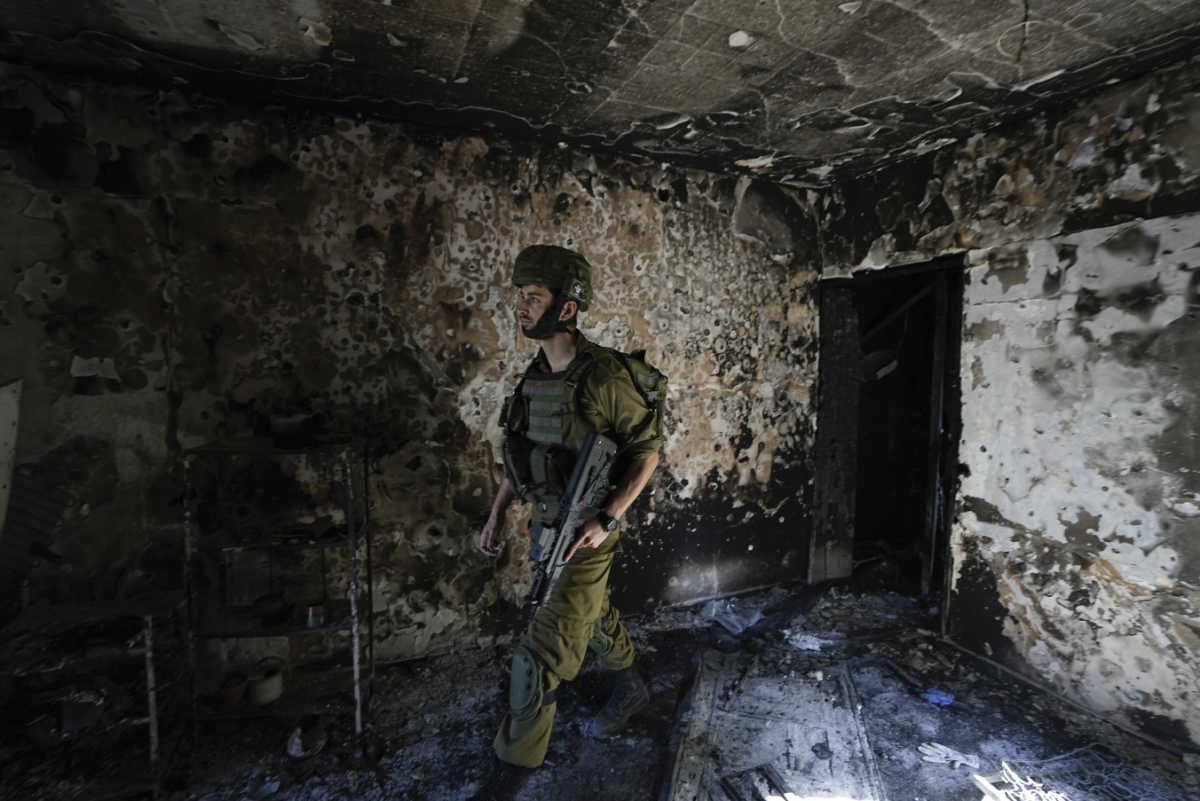
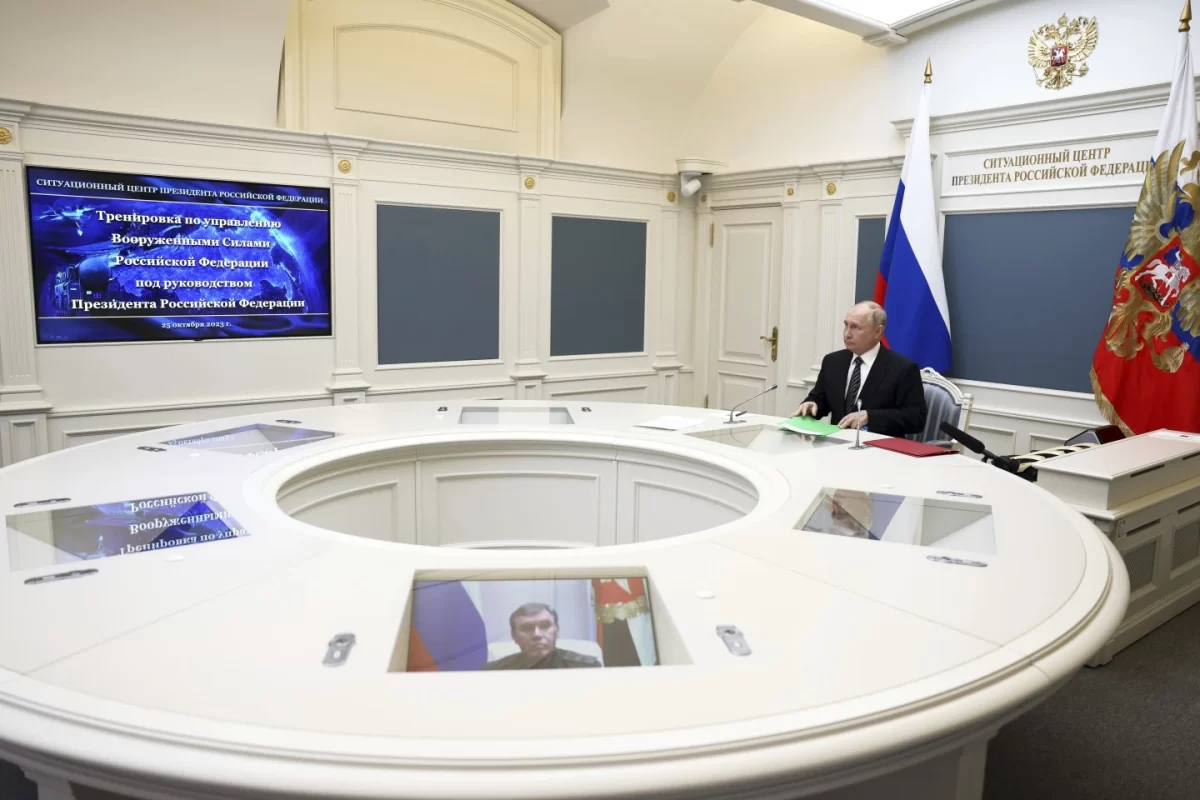



![LALC Vice President of External Affairs Raeanne Li (11) explains the International Phonetic Alphabet to attendees. "We decided to have more fun topics this year instead of just talking about the same things every year so our older members can also [enjoy],” Raeanne said.](https://harkeraquila.com/wp-content/uploads/2025/10/DSC_4627-1200x795.jpg)

